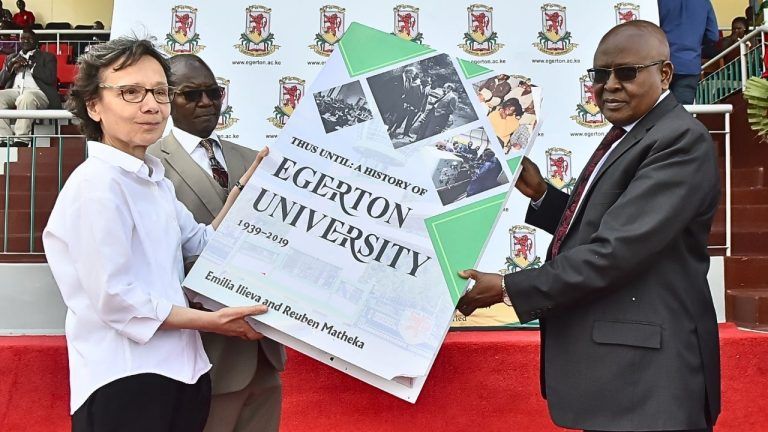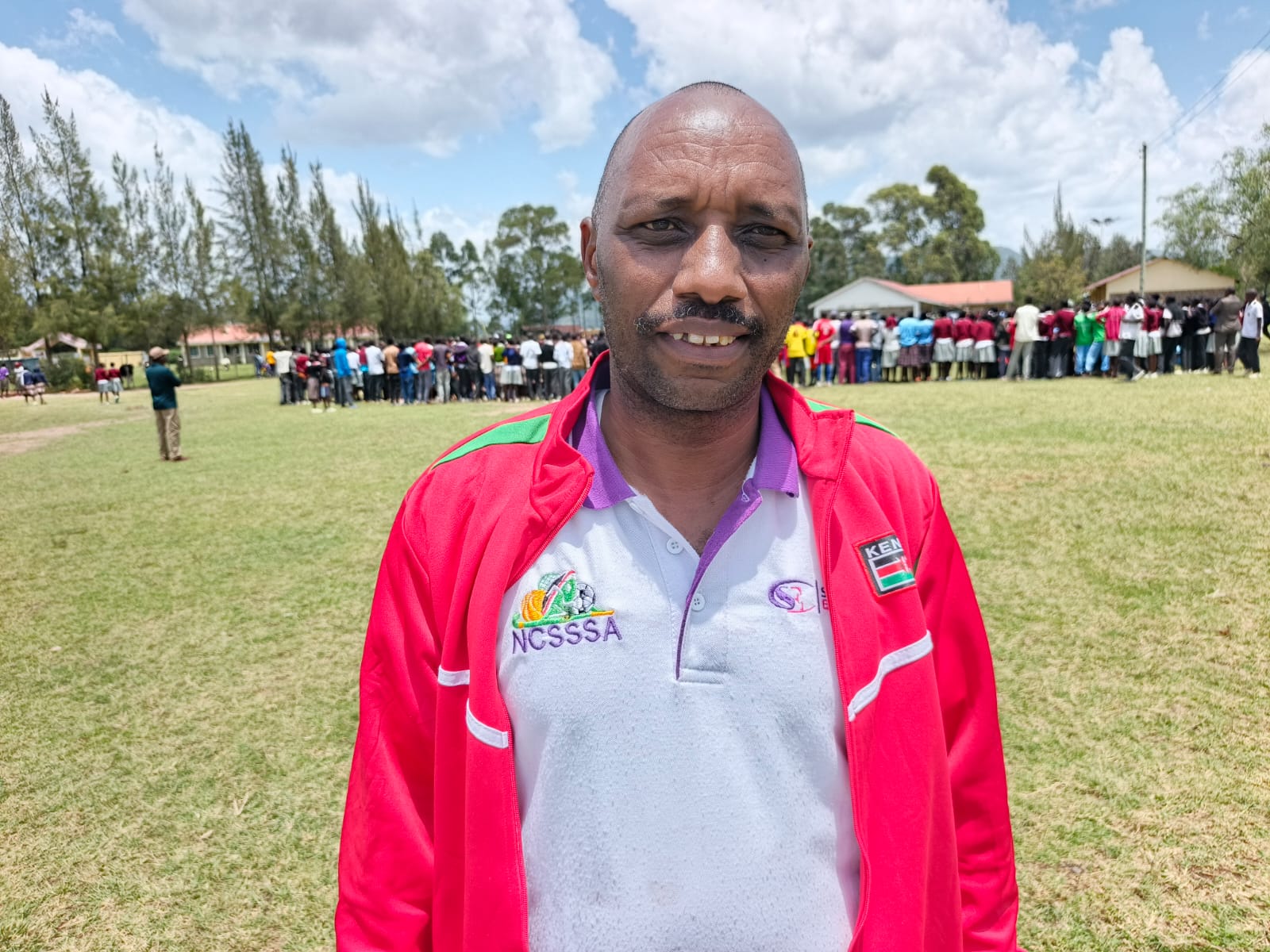For years, Africa’s poor education systems have remained to be one of dire barriers to prosperity of our continent. It’s relieving and hopeful that this year’s African Union (AU) summit theme, “Educate an African fit for the 21st Century: Building Resilient Education Systems for Increased Access to Inclusive, Lifelong, Quality, and Relevant Learning in Africa” will be in a suitable position to address and tackle this lifelong challenge.
Generally, poor education system has ever since been a global issue. In 2022 during a summit on Transforming Education, United Nations Secretary General (UNSG) Antonio Guterres, clearly spelt that education remains a serious crisis on its own in realising the Sustainable Development Goal 4 on Education (SGD4).
The AU, through its Continental Education Strategy for Africa (CESA) is hoping to not only provide ways of expanding quality education, but also and most importantly one that is relevant to the needs and interest of the continent. This comes after the continent is still recording the rapid increase in its population.
There are myriad barriers to better education especially for those from low-income households. First and foremost, poor infrastructure and unconducive learning environment has led to many implications on the productivity of our learners in realising their full potential. It’s pleasing to see that CESA has prioritised this issue by rehabilitating and preserving education infrastructure, and developing policies that ensure a durable, healthy and conducive learning environment.
Secondly, digital literacy has always been a challenge and it’s so sad that we have been taking it at a face value. Generally, the world is swiftly shifting to running its activities with technological advancements. Harnessing the capacity of ICT to improve access and quality and management of education and training systems as ones of CESA’s key objectives is not enough. We can’t distribute computers to digital illiterate fellows and expect them to operate and benefit from them. The most important thing CESA should focus on is in improving the digital literacy levels among learners and teachers. Soon after achieving this, incorporation of emerging technologies such as Artificial intelligence (AI) in our education systems will tremendously help in rebranding our learning outcomes.
READ ALSO:
Commonwealth education conference ends with calls for rebuilding resilient education systems
On a different note, CESA also hopes to expand Technical Vocational Education and Training (TVET) opportunities both at secondary and tertiary levels. Well, this is a nice move but we are all aware that our students have been implanted with negative stereotypes that TVETs are meant for failures and low academic performers. We won’t force them to apply for TVETs when they are still clinging to these outdated, misleading notions that should be thrown out of the window. CESA should first find ways on how they are going to stop these toxic credos and later we will have more students enrolling for TVET courses.
This, will later, in line with it’s different objective of revitalising and expanding tertiary education, research and innovation in addressing global challenges. On the same note, our education systems should focus and prioritise on Science, Technology, Engineering, and Mathematics (STEM) courses and programmes. This is so as they will equip our learners with problem solving skills and prevent ever emerging societal problems with Innovations. For instance, Africa as a continent is still struggling with climate change implications on people’s livelihoods. Such courses place them in a position to foresee challenges.
READ ALSO:
Corruption also poses a significant challenge to learning in Africa. It’s so bad that it has not been included as one of CESA’s key objectives. Delving deep, all these challenges affecting our education sector originates from poor leadership and corruption in our leaders. This comes as the funds that are disbursed to enhance projects, research and innovations in schools are being mismanaged or channeled to secret personal accounts. United Nations Office on Drugs and Crime (UNODC) clears outlines how corruption affects education in a larger perspective. Corruption generally affects the disadvantaged and most vulnerable later on raising dire obstacles in realising the general United Nations Sustainable Development Goals.
On the same note, it brings all forms of disparities ranging from gender and widening the gap between the rich and the poor in our schools. Failing to include and address corruption as one of the CESA’s key aims will render some of its objectives unsuccessful. And as a result, we wouldn’t have solved the issue of poor education system in Africa.
Last but not least, more funds need to be pumped in to facilitate the smooth running of executions of CESA’S purposes. Moreover, fighting and ending poor academic systems in our continent calls for a collective duty. Each member of a society, ranging from grassroots levels to leadership positions has a role to play in realising our goals and objectives as a continent. Let’s not all forget that the future of Africa lies in our current education systems.
By Wafula Meshack.
Creative writer and social media manager, Rongo University Library.
Get more stories from our website: Education News
To write to us or offer feedback, you can reach us at: editor@educationnews.co.ke
You can also follow our social media pages on Twitter: Education News KE and Facebook: Education News Newspaper for timely updates.
>>> Click here to stay up-to-date with trending regional stories






